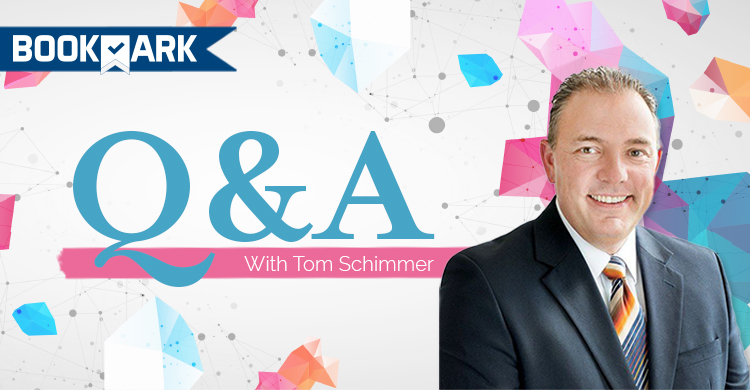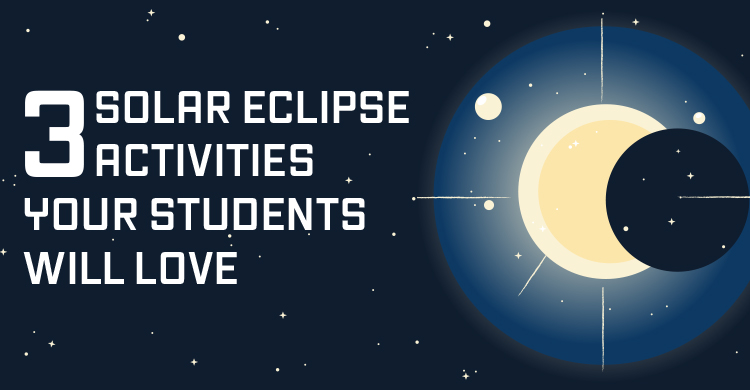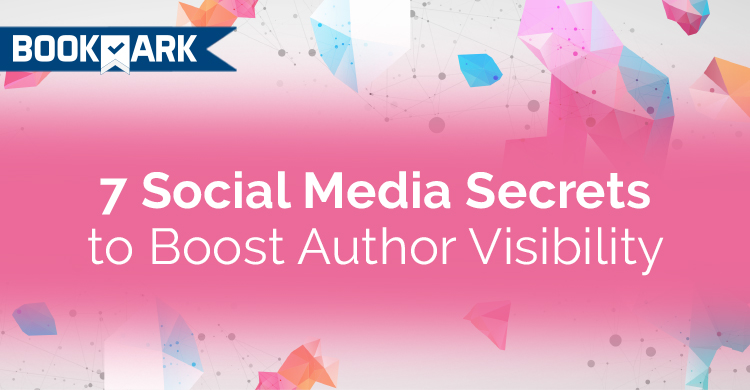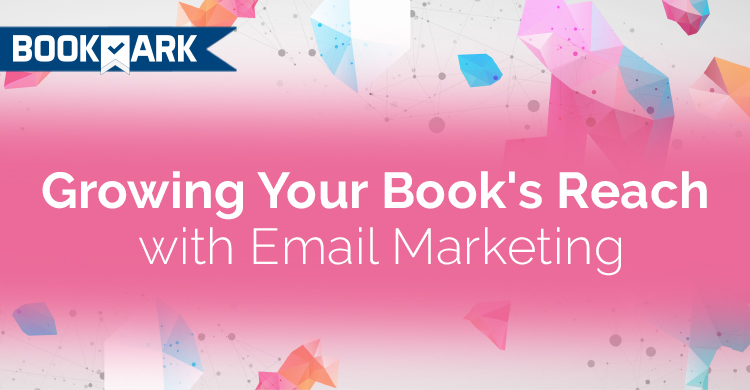From the cabin in the woods to educational airwaves, Canadian education expert and author Tom Schimmer sits down with us to discuss how The Tom Schimmer Podcast began and grew. Learn how Tom developed the idea for his podcast in 2020, and follow his journey as he discusses how he solidified his format, the importance of his special guests, and the ways he promotes his platform.
Q&A with Tom Schimmer
Congratulations on all of the success of the The Tom Schimmer Podcast! What’s the origin story behind the show? Why did you start it?
Thank you! The podcast was the brainchild of a very close friend of mine. My wife and I were on vacation with four other couples in the summer of 2020. We had rented an Airbnb in Whistler, BC for 5 nights. Most of this circle of friends are educators so we often talk shop. One evening, Andrea, Scott, and I were the last three remaining, and we were discussing an array of educational topics. After I had responded to one of the topics we were discussing, Andrea turned to me and said, “You know Tom, you really should have a podcast.” I dismissed it in the moment but what Andrea was unaware of was that it was something I had actually started contemplating about a month earlier. Andrea’s comment, despite her being a close friend, was all the affirmation I needed to at least pursue the idea in earnest.
Did you have any hesitations about starting a podcast?
Of course! I felt all the feelings of the self-doubt so many of us feel about putting ourselves out there and venturing into the unknown. Would anyone listen? Who am I to have a podcast? How do you even start a podcast? What would it be about? Would it be sustainable? I was hesitant about all of it, especially since I started it during the pandemic, which so many people did. The education market seemed to be saturated with podcasts and I wondered how I could make mine unique and stand out.
Your podcast has several segments, including Don’t @ ME and Assessment Corner. How did you nail down your format?
I have been an avid podcast listener since 2009, and I have several podcasts that I listen to on a weekly basis. The segments on my podcasts are an amalgamation of segments from my favorite podcasts. I began with five segments but quickly reduced it to three since two of the segments became challenging to maintain. I settled on three and that is my formula each week.
The main segment of the podcast is the interview where I interview high-profile educational thought leaders as well as school-based practitioners. They are not hard-hitting interviews but rather an opportunity to feature their work to provide listeners with a weekly dose of learning and inspiration to get them through the week. Preceding the interview is the Don’t @ Me segment that opens the podcast. This is my commentary sometimes on educational topics and sometimes on societal issues. It’s a chance for me to offer a perspective that causes people to think and reflect. The “@” refers to social media handles so the Don’t @ Me is a bit of a playful assertion that says this is a one-way commentary, not something I want to debate on social media. The final segment, called Assessment Corner, is an opportunity for me to address a listener question or a topic about assessment and grading, since that is my primary area of expertise. All-in-all the podcast is typically 60–75 minutes long.
It’s been fun to see all the ways you’ve been promoting the podcast. What’s been your marketing strategy?
I mostly market the podcast on social media (Twitter, Instagram, & TikTok). I also market the podcast at the workshops I conduct each week so that’s an opportunity for participants to continue their professional learning with me long after I’ve finished our workshop together. The other marketing tool is to have great guests. Educators love hearing from those who’ve inspired them and the interview format makes it very intimate and personal. I’d say great guests and compelling content make for a great marketing strategy.
What gems have you discovered about promoting your work?
The first gem would be consistency. Like most things, and I think this is especially true for social media, it’s out of sight, out of mind, so being consistent makes a difference. The second is that I find short, thought-providing video clips of the interviews I conduct work well. The videos of my interviews are on my YouTube channel, and I find that 30- to 60-second clips draw a lot of attention. It’s a fine balance between raising awareness and obnoxious self-promotion. I feel as though the best self-promotion comes when you add value while you promote; that people gain something, whether they ultimately subscribe to the podcast or not.
You’ve interviewed an amazing selection of educators. What makes a great interview?
I really have been grateful for all who have said yes to my requests to be on as guests; it’s been a good run with more to come! I would not consider myself an expert on interviewing; far from it. I do, however, think there are several things that make for a great interview:
- BE PREPARED: You must put in the work. Prepare by making sure you have an adequate level of familiarity with your guest’s work. The more familiar you are with their work the more they will be at ease with you as an interviewer.
- BE ORGANIZED: Prepare your questions ahead of time and share them with your guest. My interviews are not meant to be hard-hitting, so I like my guests to know the general flow of our conversation. I always tell my guests I may follow-up their answers with other questions or comments that came to mind while they answered but I want them to know the flow.
- CONTEXTUALIZE YOUR QUESTIONS: My questions tend to be rather lengthy; that is intentional. I try to contextualize the question to help my guests understand my frame of mind when I formulated the question to steer them to the specific answer I’m wanting. It’s not about wanting a specific answer in terms of what they say, but it’s more about making sure the question gets answered. I want them to answer the question I asked, not the question they wished they were asked.
- BE CREATIVE: I try to think of questions that my guest may not have been asked before or angles they may not have explored. Recently, I had John Hattie on my podcast and one of the questions I was most proud of was, “How would John Hattie the researcher critique John Hattie’s research?” Asking creative questions tells your guest that you were thoughtful about how you were going to navigate the conversation; that you don’t just ask the same set of generic questions.
- LISTEN: This takes a surprising amount of discipline. It’s easy, while your guest is answering one question, for you to be thinking about the next question you’re going to ask. You must stay with your guest and be prepared to react to their answers in an authentic way. While I’ve prepared a list of questions in advance, I always make sure I react to their answers with an unscripted follow-up so that they know I was listening and genuinely interested in their response. I think this is magnified when conducting interviews over Zoom or some other online platform.
What advice would you give to authors who are considering starting their own podcast?
The first thing is to figure out what the podcast is about. My three segments—a commentary, an interview, and some assessment PD—creates a predictable structure that listeners can count on each week. There are so many ways to do a podcast that you must figure out what you want to do and how you want to do it.
The second is to be a little selfish about why you’re doing it. You’re not likely to get famous or rich from your podcast so do it for yourself. One of the main reasons I started my podcast is because I wanted to talk to great educators and learn from them. I get so much out of the conversations I have with each guest. Yes, you must market and all of that but really, do it for you and the listening audience will grow organically. Just focus on producing great content and the rest will follow.






